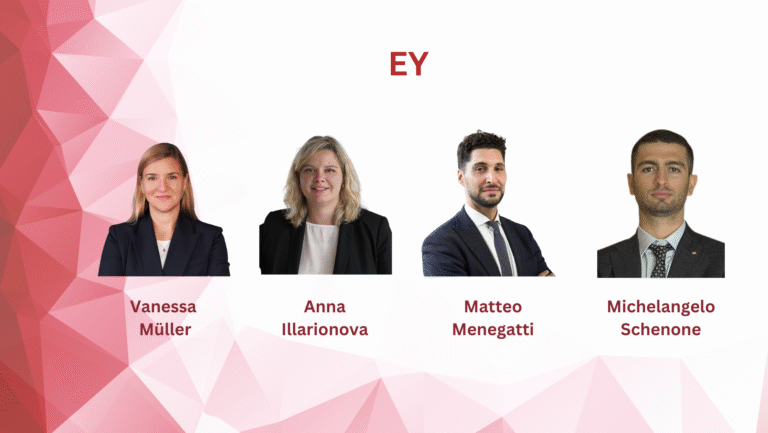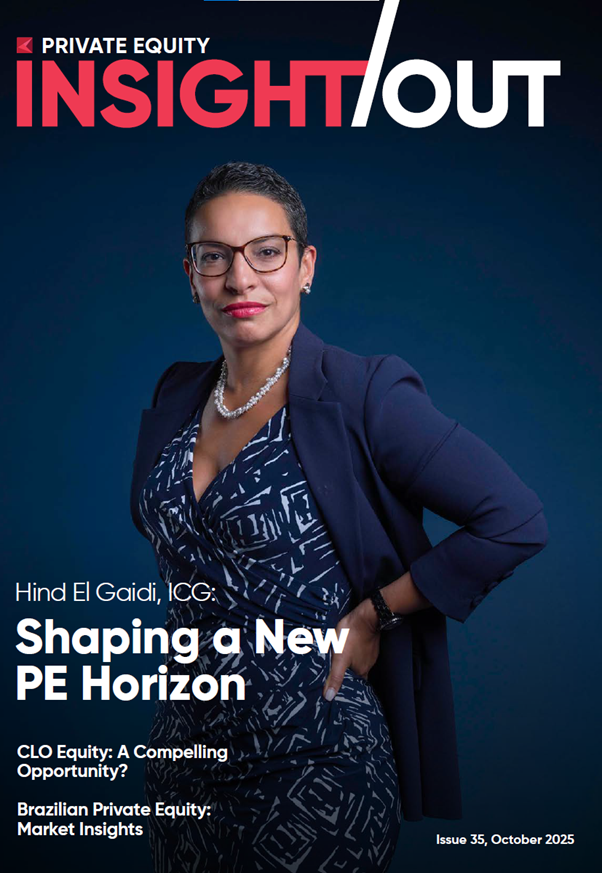Luxembourg: the next gateway for private equity funds into Africa?
According to the African Private Equity and Venture Capital Association (AVCA), 145 Private Equity (PE) deals were reported in 2016 in Africa, totaling US$ 3.8billion[1]. AVCA believes that “The African PE industry should continue to inspire confidence, underscoring the positivity of outlook for 2017”. Considered a while ago as a daunting prospect, Africa is therefore definitely not only on the map and on the minds of many investors but also, African PE is maturing as an industry and is gradually becoming an institutional asset class[2].
FMO, the Dutch development bank, has been a major player in African PE whereas Mauritius appeared as one of the preferred jurisdiction for investment into Africa. The general view about Mauritius is that it has the most conducive enabling environment in Africa for PE funds[3]. However, whether Mauritius’s legal and regulatory frameworks remain in line with recent international initiatives to fight tax evasion is a debated question which tends to erode its status as a hub for PE funds into Africa. Yet, there is significant interest from Europe, Asia and other regions and countries of the world in entering Africa’s PE market.
Luxembourg has therefore a serious role to play as to become the next leading financial gateway for PE funds into Africa. Here is briefly why and how this can be achieved successfully.
Apart from being one of the most important financial centers in the world with its success founded on its stability, its innovative and international orientation as well as on its multilingual and multicultural high skilled workforce with a long tradition of financial expertise and deep knowledge of the needs of international clientele, Luxembourg possesses many other resources that it can leverage to put itself in a leading position as a gateway for PE funds into Africa, especially in the current post-Brexit context.
Luxembourg’s “neutrality”[4] and long-standing interest and support for Africa
The Grand Duchy maintains special relationships with many African countries. More generally, Sub-Saharan Africa appears to be the primary area of concentration of Luxembourg’s cooperation. It has consequently developed partnerships and has signed a couple of Double Taxation Agreements (DTAs) with some countries. Luxembourg is therefore equipped to further develop a well-established network of DTAs with African countries, complemented with Investment Promotion and Protection Agreements (IPPAs) where suitable.
The Boost Africa Initiative (BAI)
The BAI was launched in November 2016 by the European Investment Bank (EIB) and the African Development Bank (AfDB) in partnership with the European Commission. It aims at “fostering the development of an efficient entrepreneurial ecosystem in Africa by supporting the earliest and riskier stages of the venture value chain, in an economically viable and sustainable way (…)”.
With an initial combined investment of up to €150 million, the Initiative is expected to leverage up to €1 billion in additional investments in a high growth sector, and support over 1,500 start-ups and SMEs across the continent[5]. That is to say there is room for an intense activity in the African PE market, especially in the middle market which is a growth-focused PE that leads to job creation and capacity development[6].
Being the host country of the EIB as well as a non-regional member country of the AfDB since November 2014, Luxembourg has definitely the potential to become a leading gateway to PE funds into Africa[7].
Availability of flexible investments vehicles i.e. Alternative Investment Funds (AIFs)/Reserved Alternative Investment Funds (RAIFs).
Within the framework of a heavily regulated environment, AIFs are subject to flexible regulations and can invest in a wider range of eligible investments, notably in PE. On the other hand, RAIFs combine the characteristics and structuring flexibilities of Luxembourg regulated specialised investment funds (SIFs) and investment companies in risk capital (SICARs) qualifying as Alternative Investment Funds managed by an authorised Alternative Investment Fund Manager (AIFM). Since RAIFs are not subject to the regulator (“Commission de surveillance du secteur financier” (CSSF)) approval before they are launched, a significant enhanced time-to-market for new fund launches can be achieved.
Good Financial technologies ecosystem (Luxembourg House of Financial Technology or LHOFT, “Agence de transfert de technologie financière” or ATTF-House of Training, LUXTRUST, Luxinnovation, Infrachain…).
Luxembourg authorities are investing heavily in the development of fintech, with the aim of transforming the country into a fintech powerhouse. In this context, it is interesting to note that one of the core missions of the ATTF is “to strengthen the financial structure in the countries of its partners, support development and to fight poverty whilst highlighting Luxembourg’s expertise in finance”. Here hopefully, the issue of Know Your Customer or KYC (related to Anti-Money Laundering /Anti-Terrorism Financing requirements) – which remains one of the main challenges to investing in and from Africa – could find an easy solution.
Currently, digital finance – and thereof digital identification – is common place everywhere in Africa where solutions derived from the blockchain technology (mainly digital ledgers) are being implemented[8]. With localized applications and by mutualizing their databases, the KYC issue can be efficiently tackled by Luxembourg banks and financial institutions.
On the other hand, Luxembourg expertise in Data Centers can help to create and locate data on the continent, since this niche market is still largely untapped.
Valuable expertise in Inclusive Finance/Microfinance (notably with “Appui au développement autonome” or ADA).
ADA is known to focus on the development of inclusive financial services, on capacity building and on action research. In terms of projects, ADA develops and tests new microfinance products and services, develops digital finance (fintech) in order to drive financial inclusion, provides advice and sustainable financing to microfinance institutions through a fund (the Luxembourg Microfinance and Development Fund or LMDF). Moreover, it strengthens microfinance networks and professional associations, and advises public institutions[9].
Headquarter of some major Chinese banks and financial institutions, strategic location in the heart of Europe and same time zone to most African countries.
China is the leading investor in Africa and a major financial player on the continent. Luxembourg, which headquarters many Chinese banks, has a role to play here.
In conclusion, alongside unfolding its potential – for example by developing its network of DTAs and IPPAs – it might not be futile for Luxembourg authorities to invest, through roadshows for example, in unveiling (and demystifying at the same token) Luxembourg to Africa, in order to position the country as an ideal destination for PE investment within Africa. In this context, The Luxembourg Africa Investments Association (LuxAfrica) is a credible partner that is more than keen to help transform Luxembourg into the next gateway to PE funds into Africa.
[1] AVCA, 2016 Annual African Private Equity Data Tracker, February 2017.
[2] In terms of exits for example, see The 2017 How private equity investors create value study presented by EY and AVCA, May 2017.
[3] This conducive environment is defined in terms of investment climate, perceived low political risk, Double Taxation Agreements (DTAs) with numerous African countries, its historical ties with the United Kingdom and availability of financial service providers backed by skilled professionals and enabling legal, regulatory and institutional frameworks.
[4] In the sense of absence of colonial relationship with Africa.
[5] Boost Africa Initiative has three pillars i.e. (i) an investment program (equity in seeds funds, business angels co-investment funds, accelerators’ follow-on funds, venture capital funds…); (ii) a technical assistance facility and; (iii) an innovation and information lab.
[6] AVCA points out that sectors associated with Africa’s strong macro-economic fundamentals – an emerging middle class, a young and growing population, rapid urbanization – should remain the main focus of PE investors.
[7] In October 2016, EIB opened a regional office in Cameroon to service the Central Africa region.
[8] In the diamond industry for example, gems are being traced from mines to consumers and this technology is now available off-the-shelf.
[9] One example of ADA’s actions is the recent launch of a Digital finance initiative, aiming at helping microfinance institutions in some African countries to move into the digital mode in order to improve their organizational, financial and social performance.
by Roger Tafotie, Associate Director EY Luxembourg; Member of LuxAfrica (PE Group).






